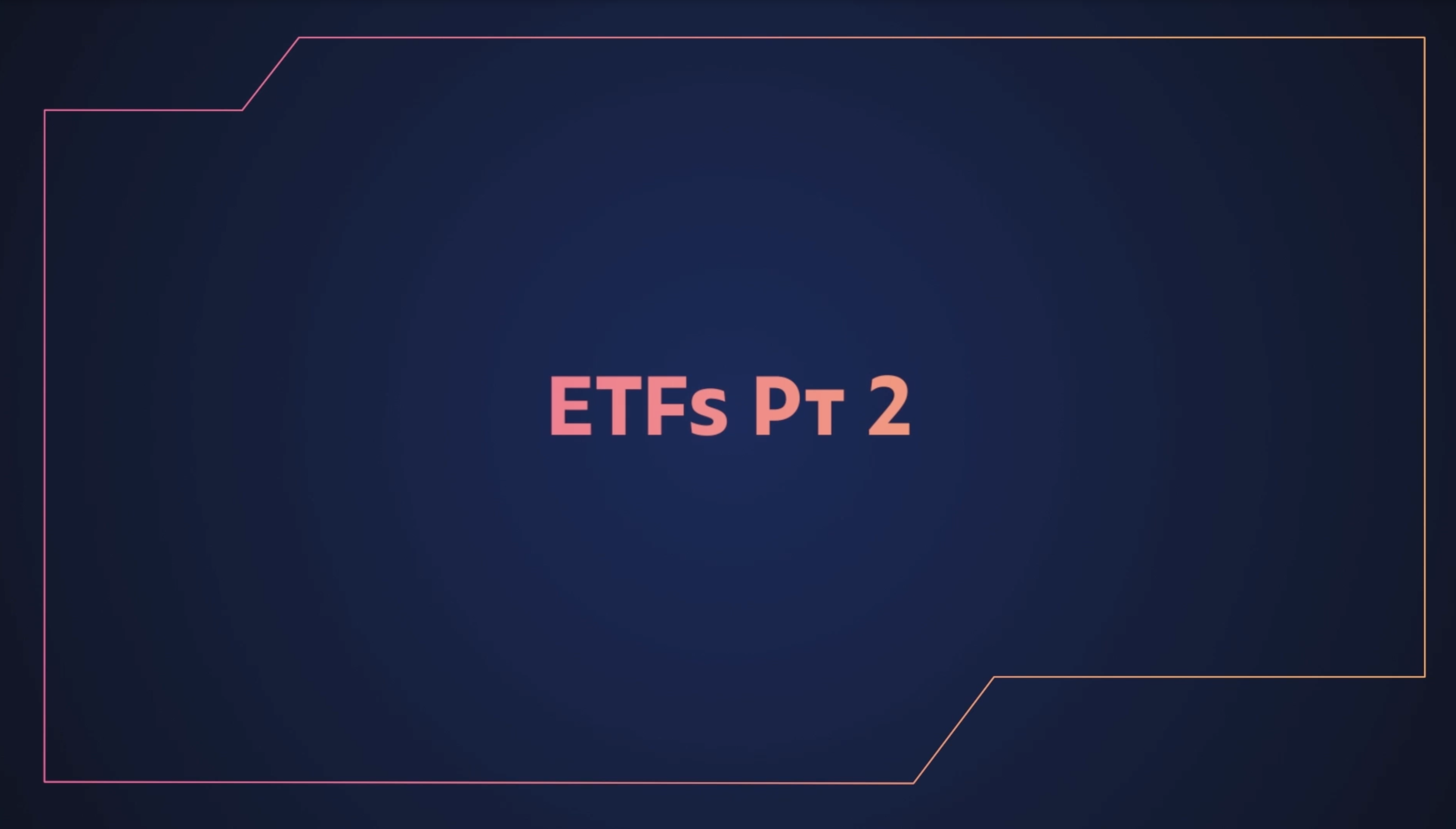By The Numbers
Mutual fund providers respond to popularity of ETFs
The explosive growth of ETFs has providers of mutual funds making their own plays to attract investors, such as converting mutual funds to ETFs or launching ETFs with strategies similar to their existing mutual funds.
Stephen Lamb [00:00:00] Welcome to By The Numbers, I’m your host, Steve Lamb. Today, we’re on to part two of our look at the explosive growth of ETFs in 2021. Last week, we saw that ETFs picked up $910 billion of net inflows, nearly doubling the prior year’s record. But you can’t talk about ETFs without looking at mutual funds. And despite nearly $330 billion of outflows, mutual funds picked up $3 trillion dollars of value through market appreciation. Still, mutual fund managers are not blind to what’s happening and are making their own play to attract new investments, and that play is to just make their own ETFs. For the first time ever, Guinness Atkinson Asset Management converted two of their mutual funds into ETFs in March. Dimensional Fund Advisors and JPMorgan have followed with plans to convert some of their own funds to ETFs as well.
Todd Rosenbluth [00:00:56] We saw the first of many mutual funds the ETF conversions in 2021, and that’s something we think we’re going to see more of as the managers are willing to forego some of the fees and move investors into a more tax efficient, often lower cost structure of an ETF and still see the benefits of future growth.
Devin McGinley [00:01:15] In addition to conversions. Jeff Benjamin has reported that several fund managers are also planning to launch ETFs with strategies similar to their existing mutual funds. The new ETFs will have lower fees, and these managed managers may actually undercut their existing funds, a sure sign of the staying power of ETFs. According to Our Own Future Flows research, 18 percent of financial advisors plan to increase their use of index tracking ETFs, while only seven percent will increase their use of passive mutual funds. Capital Group, a 90 year old fund institution, will offer their ETFs under the Capital Group brand, while their similar mutual funds are marketed and under their American Funds brand. The Capital Group Core Plus Income ETF will launch early next year with an expense ratio of 34 basis points and is similar to a popular mutual fund, the American Fund’s Strategic Bond Mutual Fund, which charges 77 basis points for the highest cost A shares. Also, the Capital Group Growth ETF, which will charge thirty nine basis points, is also similar to the American Funds Growth Fund of America, charging 61 basis points for A shares. Federated Hermes has also launched its first ever ETFs. The Federated Hermes Short Duration Corporate ETF and Federated Hermes Short Duration High Yield ETF.
Stephen Lamb [00:02:37] Mutual funds are not going away any time soon, but it is important to keep an eye on these developments in the coming years. As some of these fund managers seem to be suggesting it’s better to undercut oneself, then to let someone else do it. Tune in next week, where we look at a topic that hits close to home or to the wallets of some 43 million Americans. Student loan debt This episode was adapted in part from articles written by our investments reporter Jeff Benjamin. Thanks for watching. We’ll see you next week.










